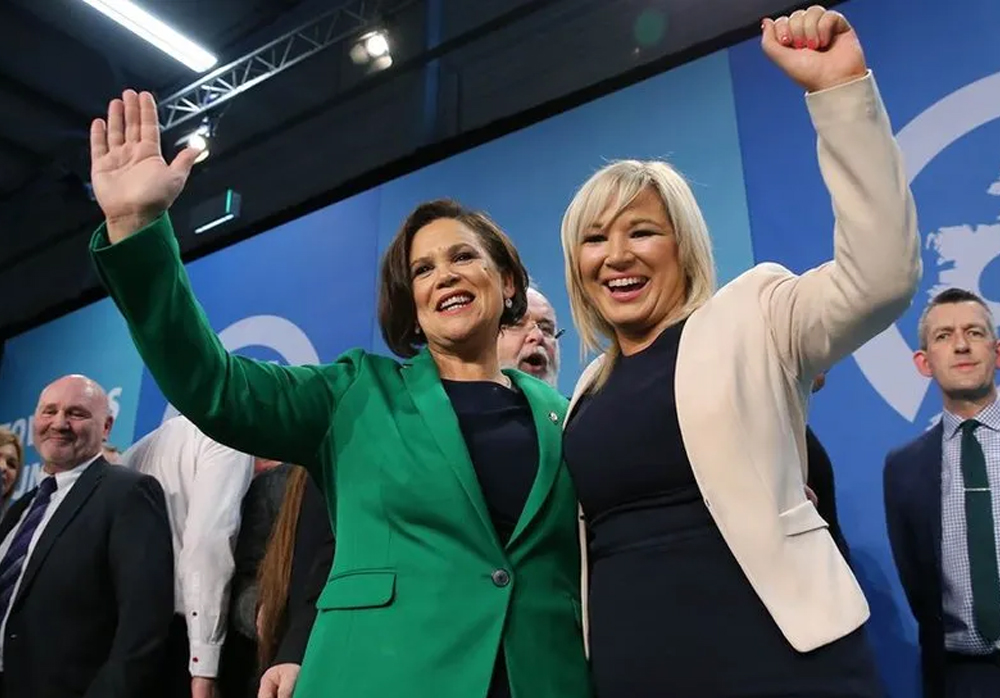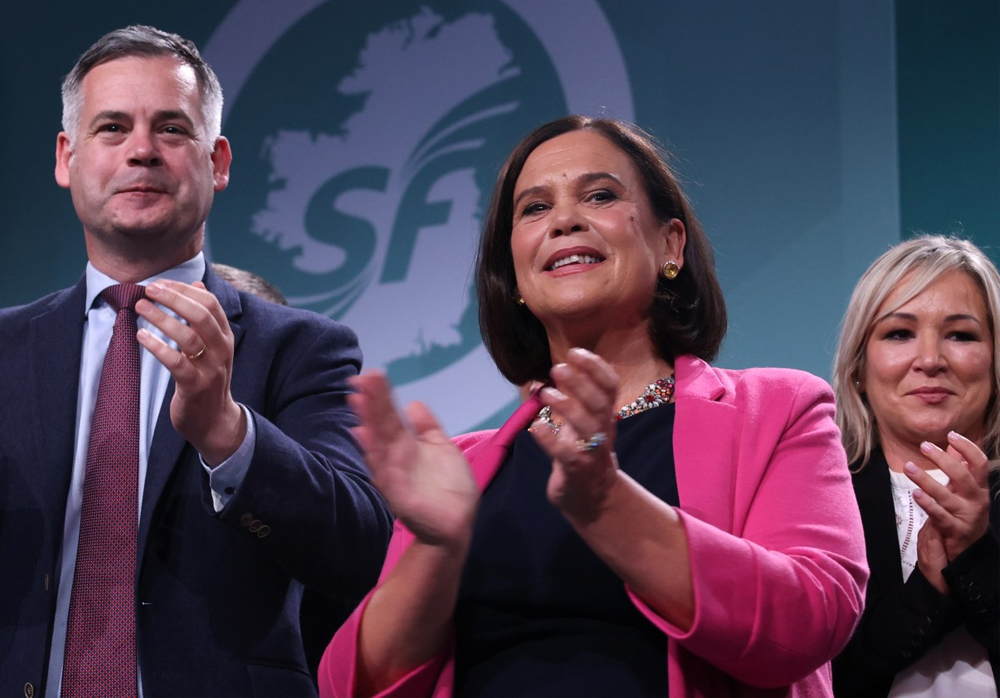When it comes to Sinn Féin, many business leaders appear to be experiencing what performance psychologists refer to as cognitive dissonance—the mental conflict that arises when our beliefs and behaviours do not align.
In such circumstances, the human mind has an uncanny way of playing tricks on itself. To ease the discomfort of contradictory thoughts, it downplays the importance of what is giving rise to the conflict, even when the evidence is clear.
Mindset misfit
In moments of crisis for example, it can often be striking how those at the centre of the crisis delay or avoid confronting it, thus prolonging the problem. They do so not out of any badness, rather their mind struggles to correlate with what is confronting it. It’s human.
When it comes to politics, the tendency to selectively absorb information that aligns with one’s political beliefs while dismissing or simply ignoring information that contradicts those beliefs is nothing new. However, in an ever-changing political landscape, with digital algorithms creating echo chambers of preferred opinion, cognitive dissonance is increasingly apparent. Our minds seek to keep our political beliefs in harmony, even when faced with compelling, consistent evidence that conflicts with these beliefs.
We are human after all. We consume politics sporadically and in different ways, often through mediums obsessed by the process, pageantry and personalities of the political bubble.
It goes some way to explaining the mindset of those who appear to struggle with the concept of Sinn Féin leading the next Irish government. I continue to be struck by just how often I encounter this among smart people and all levels.



